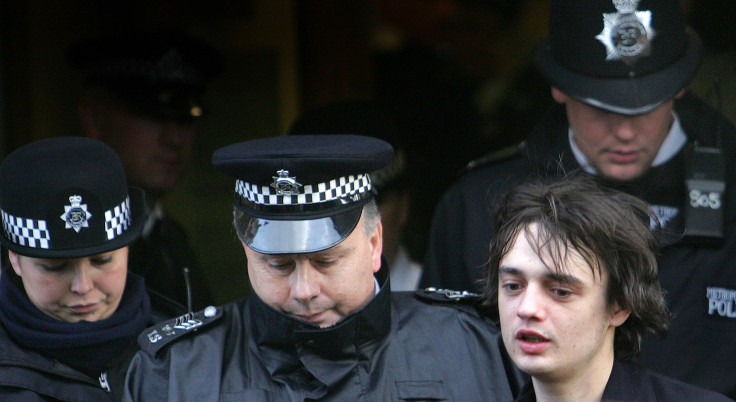UK Drug Laws 2016: After Being Arrested, People Can Seek Education Instead of Jail

A few areas in the United Kingdom are testing out a new, innovative approach to handling drug abusers. Since 1916, the U.K. has had a zero-tolerance policy in regards to hard drugs including cocaine and heroin as well as strict rules for marijuana use. Even getting caught with the smallest amount of drugs can lead to a maximum jail sentence up to seven years.
However, new policing practices instituted by authorities in Bristol, Durham, Devon and Cornwall will give offenders the opportunity to take a drug education workshop instead of facing a felony record, Vice News reported on Wednesday.
Avon and Somerset police forces have since April been operating the Drug Education Programme, in which drug users are given the chance to take a three-and-a-half hour workshop as opposed to the usual lock up and court summons users accused of possession have faced before. So far, 215 people have been able to undergo the workshop run by a community drug service. Eighty percent of those who have complied in the “diversion” program have successfully completed it.
The move can be effective for getting drug users education and help instead of being mired in the criminal justice system, but offenders in Bristol only have the option to undergo the drug education program once and will suffer traditional consequences of possession if caught a second time. However, Avon and Somerset Police drug strategy manager Paul Bunt told Vice that he wasn’t aware “of anyone being arrested again after attending one of these workshops.” Bristol police were recently given the green light to continue the diversion until April 2017.
In Durham, 74 people caught with drugs were able to enroll in Checkpoint, a similar diversion that allows offenders to have their charges “suspended” after completing a four-month course filled with drug awareness workshops, restorative justice courses and community work programs. If those in the Checkpoint program break a law of any kind during the four-month grace period, the contract is revoked and they will face the normal penalties that come with drug possession. Only three of the 74 people caught in possession were unable to get their offenses expunged and complete the program. The report said that Devon and Cornwall police forces are next to test out the diversion scheme.
Of the 2 million plus people serving time behind bars in the U.S., nearly 85 percent of them are in prison for drug-related charges and close to 1.5 million of them met the medical criteria for substance abuse and addiction, according to a report by the National center on Addiction and Substance Abuse.
The report noted the U.S. spent more than $74 billion on court hearings, incarceration, probation and parole for drug-related charges. However, the government only spends about 1 percent of that figure on prevention and treatment, the report said.
© Copyright IBTimes 2024. All rights reserved.






















